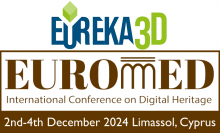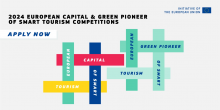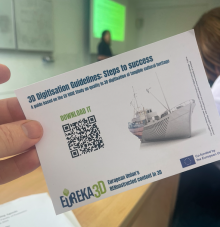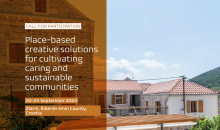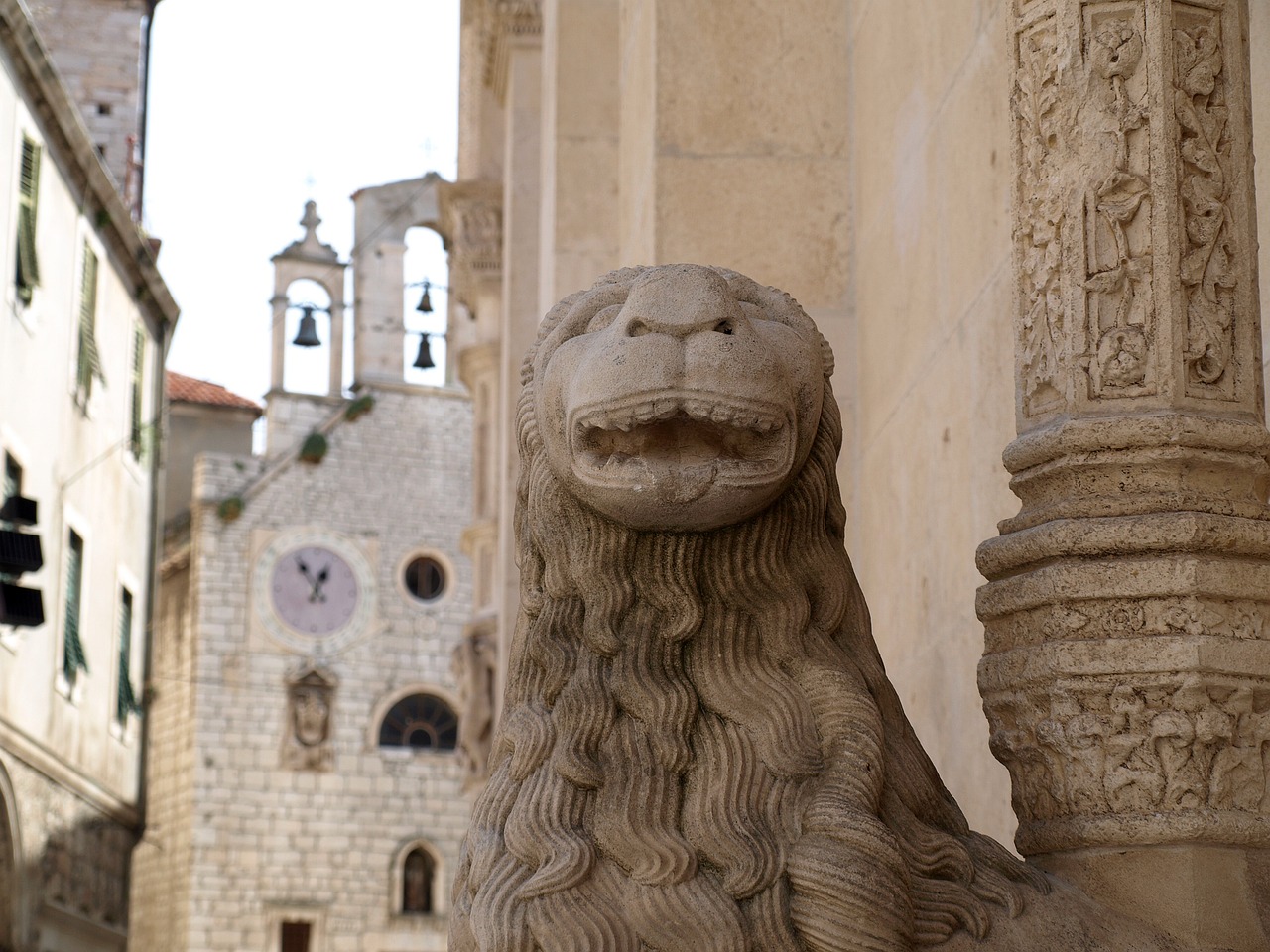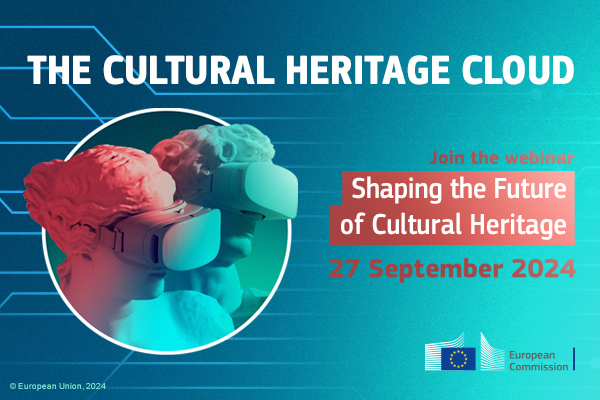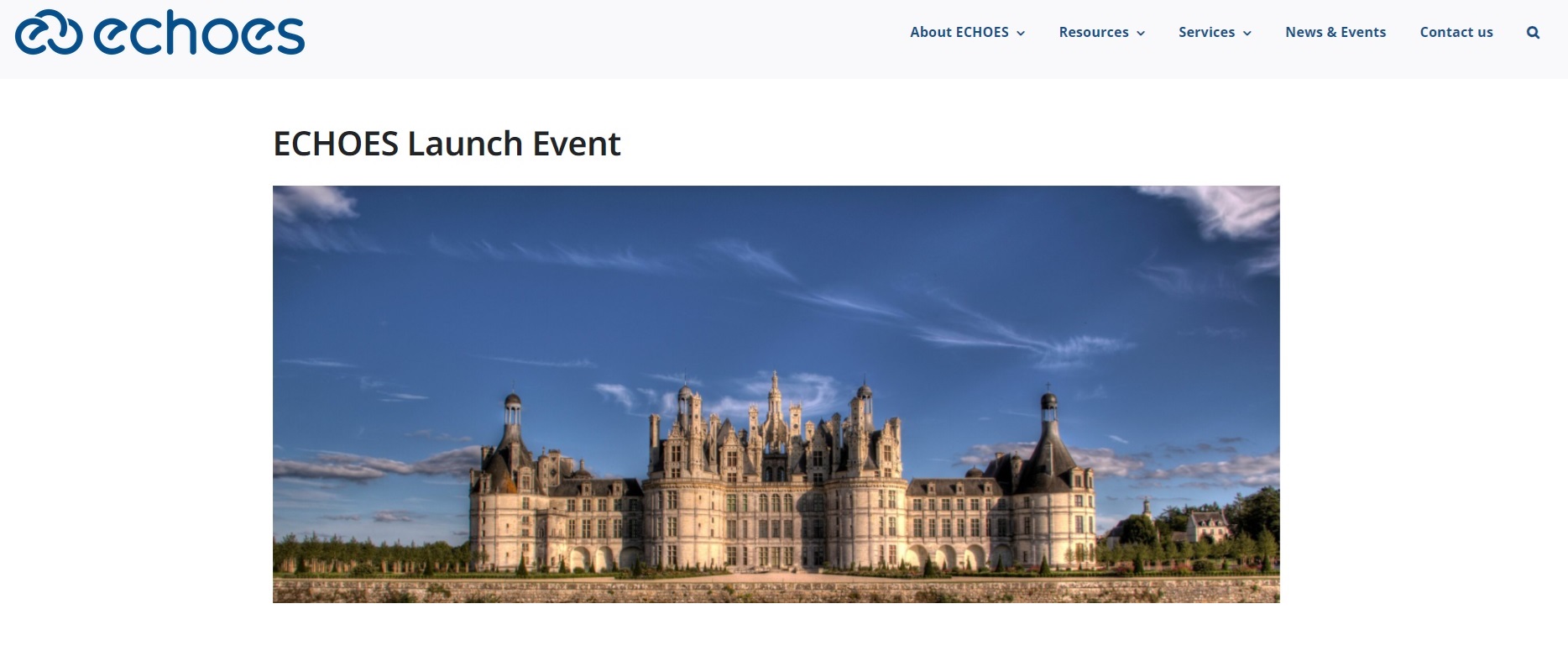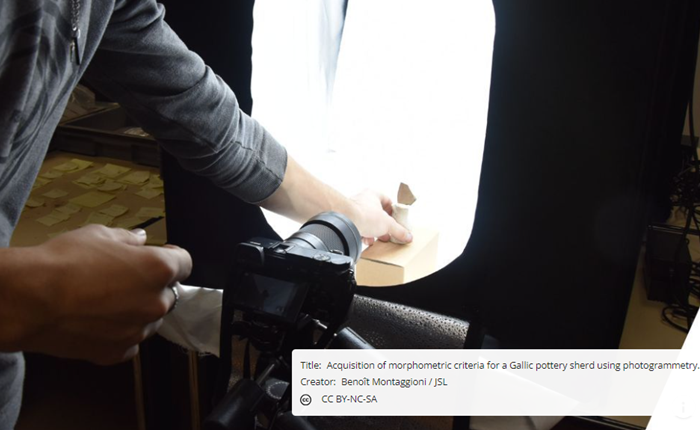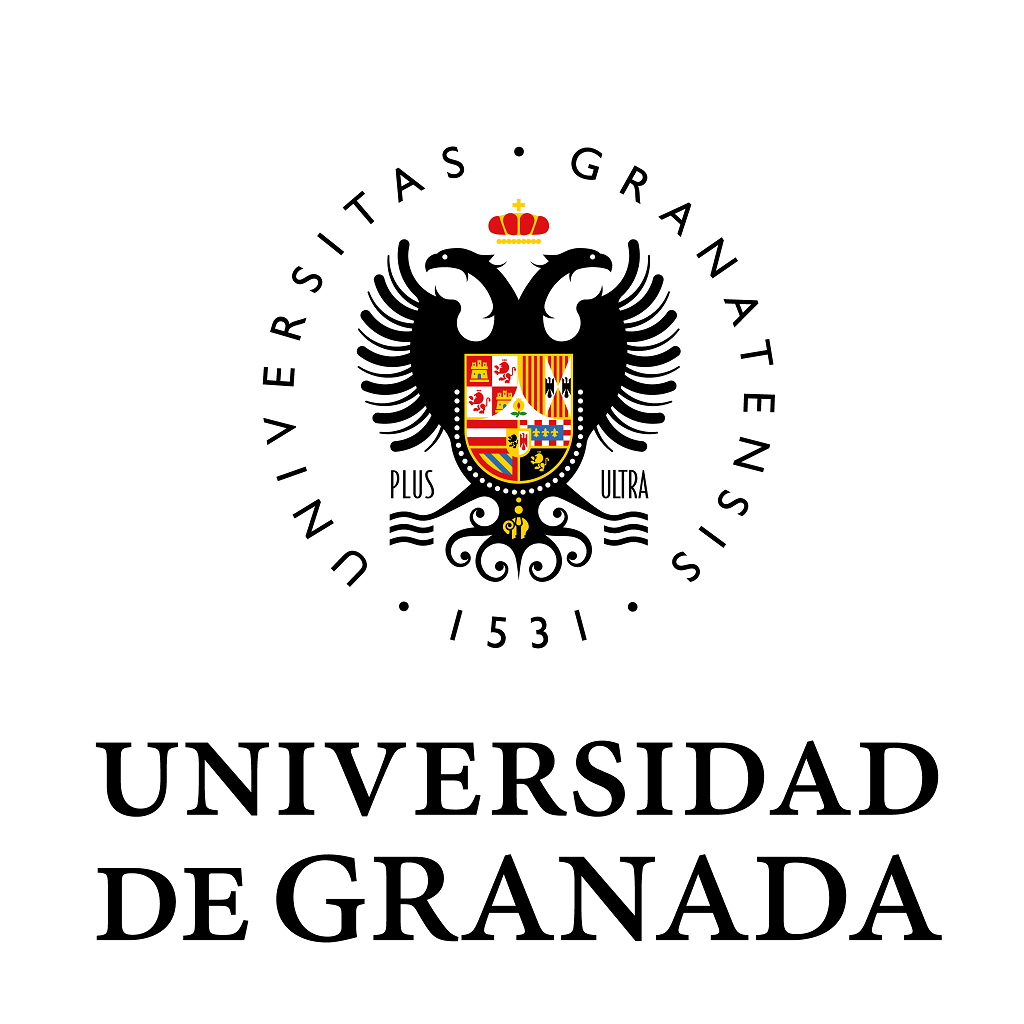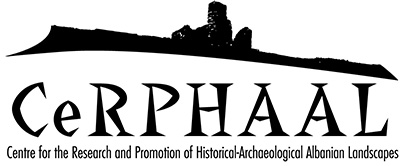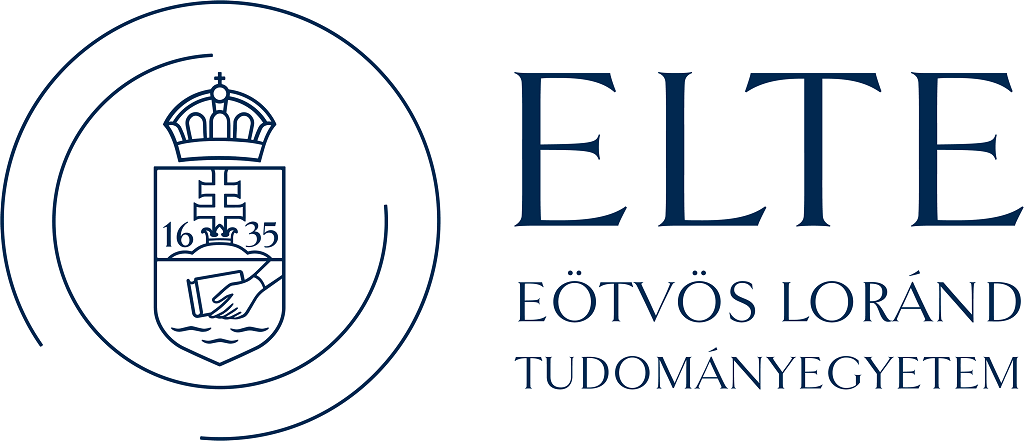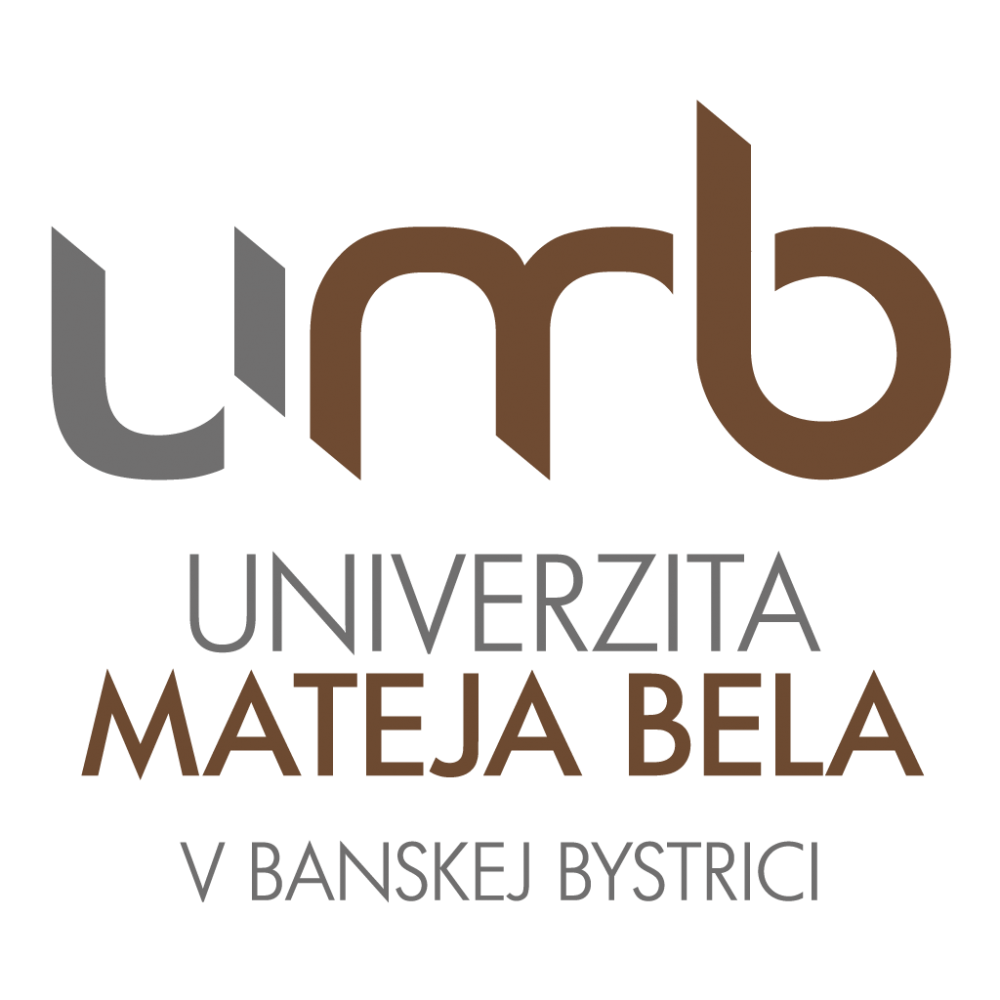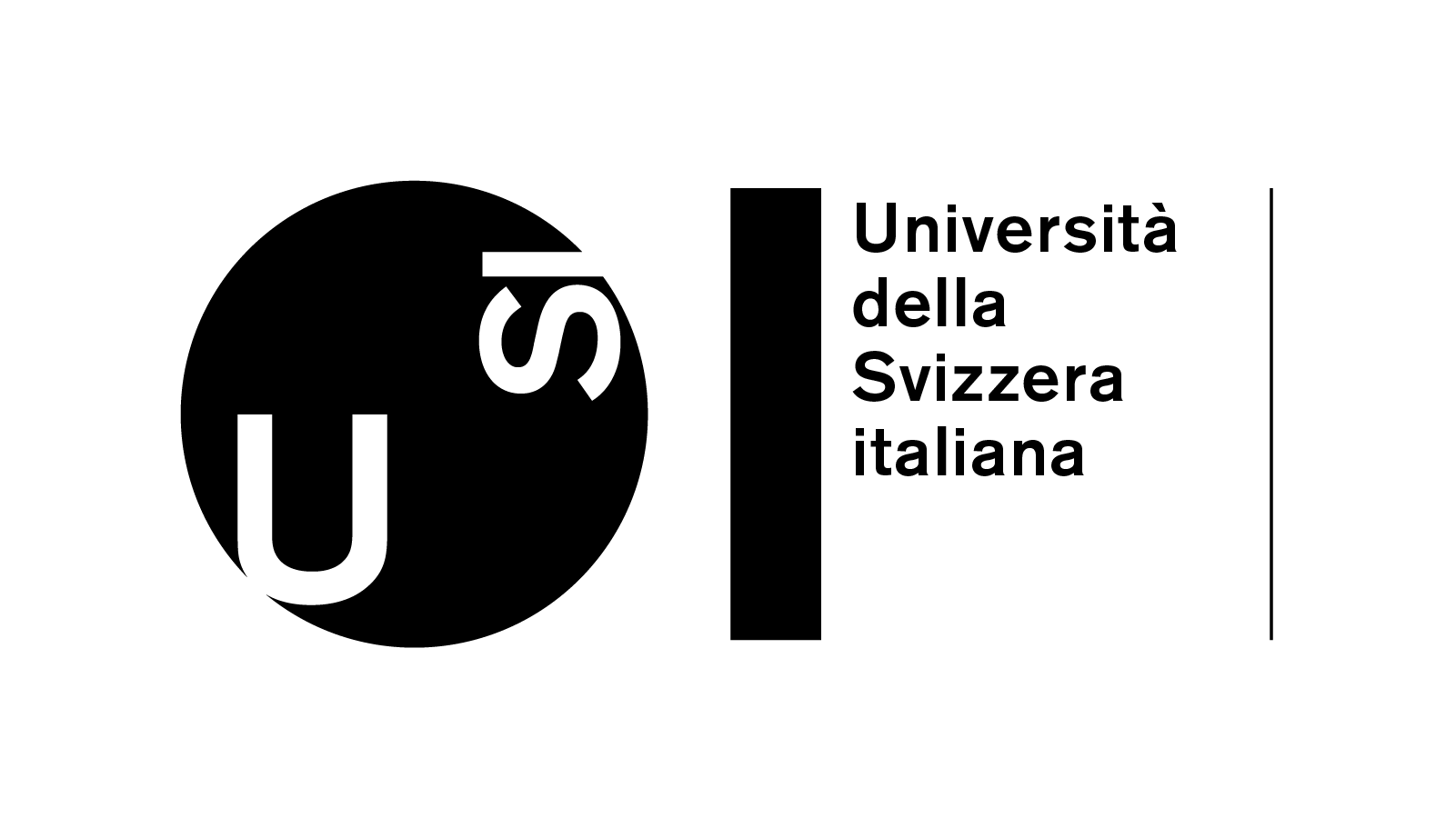Cultural Heritage has always been a net attractor for tourists from ancient times (Pausanias’ Description of Greece 2nd century AD) through to the medieval pilgrimages (Codex Calixtinus: Iter pro peregrinis ad Compostellam – Pilgrim’s Guide to Santiago de Compostela 12th century AD) and from the “Grand Tour” of the 17th and 19th centuries to modern bucket list destination package deals. Figures for EU tourism in 2019 placed the value of the whole EU tourist market sector at approximately €572 billion, and that 40% of all destination selections are based on cultural offerings.
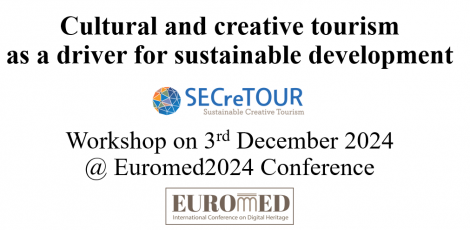
Tourism can significantly contribute to local economies, bring investment and infrastructure developments into regions and support employment. As a tool to revitalise marginalised or underdeveloped regions and promotion of cultural tourism can bring significant benefits to communities, but this is not without risk or consequences. Notably since the anthropause of the global pandemic, there has been a global backlash to tourism from local residents with high profile destinations like Venice, Italy, Mount Fuji, Japan and The Canary Islands, Spain, rethinking tourist activities and access.
Organized by Antonella Fresa in cooperation with the UNESCO Chair on Cultural Heritage, this workshop will consider the role that Digital Cultural Heritage can play in supporting informed, responsible and sustainable Cultural Tourism from both sides the service provider and the consumer tourist.
This workshop is designed for:
- Professionals, researchers, and practitioners in cultural tourism innovation
- The multidisciplinary community of experts involved in sustainable, engaging and creative tourism
- Individuals interested in advancing the understanding of transition pathways for a green, digital and resilient European ecosystem of tourism
Download the full agenda here.



